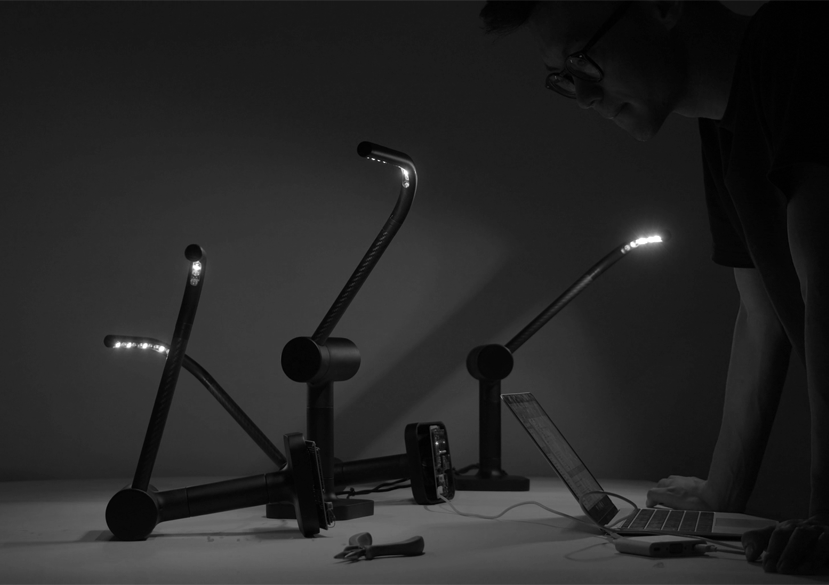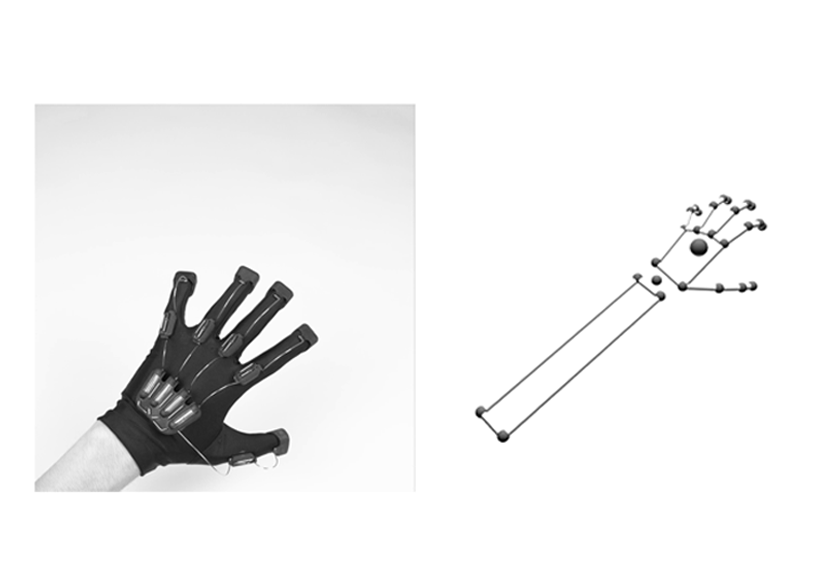
Regulating the human time perception via various lighting techniques in VR space
My research aims to use light technology to shift and synchronise the human biological clock in virtual space to eliminate the physical discomfort of the human body during the transition between the virtual and real world.
Current VR devices connect part of the human senses with the virtual world, such as Visual and Auditory. However, the ambient light rendered by the display of the VR device has significantly different from real-world light.
The artificial light generated by the VR equipment causes the suprachiasmatic nucleus (SCN), the biological structure responsible for synchronising the body's sub-clock, for receiving the false signal, leading to disturbances in the circadian rhythm and complications.
This research attempts to update the digital engine's light rendering algorithm by measuring the wavelength composition of light emitted by VR devices and the spectra of natural light to shift and fit the human circadian rhythm in the VR world, to establish a human biological clock assessment framework for VR devices, and to eliminate the jet lag that occurs when the human body travels through the VR space for long periods.
This research will also present more possibilities and practical applications in human outer space survival, medical treatment of biological clock disorders, entertainment, online social networking.
Key details
School, Centre or Area
Area of expertise
Supervisors
Personal links
Gallery
More about Yitong
Biography
Yitong Sun is a designer, a creator. Trained in China, Italy and UK. He has worked as a design lecturer at the Central Academy of Fine Arts since 2017.
Yitong graduated with BA Product design First Class Honors from the Central Academy of Fine Arts in Beijing in 2013 and gained a MA in Integrated Design from Politecnico di Milano in 2017. During his BA, he was awarded a first-class scholarship by CAFA. The graduation project “Cross” discussed “How the relationship between subject and guest affects the interaction between human and furniture under the traditional ritual system”. This work is in the permanent collection of CAFA.
His MA thesis discussed “New changes in urban commuting based on interaction technologies and networks”. Based on the thesis, he designed the concept of the new Vespa scooter in cooperation with Piaggio.
Yitong was invited as a lecturer by CAFA in 2017, teaching design methods, material design, interactive design and hardware coding. During this period, he established a VR lab to conduct research on virtual infinite space and virtual auditory space.
Yitong Sun’s research interests involved multi-sensory human-computer interaction, virtual space technology, wearable devices, and robotics. He seeks to understand and explore the laws of nature and human consciousness through computer technology. He also tries to create parallel space through immersion and virtual space technology, generating new experience possibilities that can escape from the laws of reality.
In his current research, Yitong explores the impact of multi-sensory virtual space on the human perception of time and how to shift the circadian rhythm.
Yitong’s works were exhibited at Shanghai Design Week 2013, Milan Design Week 2016, Prix Ars Electronica 2018, and Japan media arts Festival 2019.
Degrees
2009–13 Central Academy of Fine Arts - Bachelor of Design
2014–17 Politecnico di Milano - Master of Design
Experience
2013–14 GUANWU Design Consultants Co.Ltd - Designer
2016–17 Piaggio & C. SpA Interaction & Product - Designer
2017–20 Central Academy of Fine Arts - Lecturer
2017–20 YITONG Design Studio - Designer / Creator
Awards
2016 Milan Design Week, Design satellite “Special Mention Award”
2018 Prix Ars Electronica “Honorary Mentions”
2019 Japan Media Arts Festival “New Face Award”


